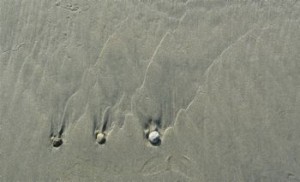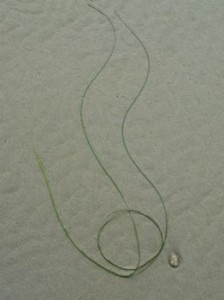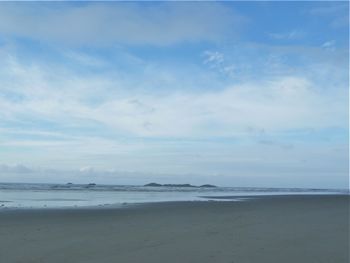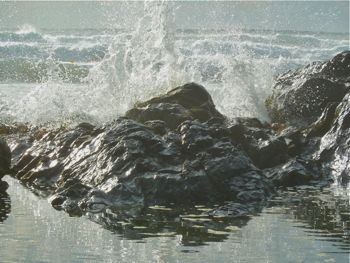Life Guidance Series Part 15: Verifying & Confirming Guidance Part Three

Interpret when necessary. Never make anything up.
If you are willing to fabricate instead of openly receiving you can get confused about whether you are coming from your mind or pulling through Guidance.
Active creative visualization is a different process than receiving Guidance. It is used in healing. And yes, we healers alternate between receiving Guidance and acting to achieve results–even if that action is to call in other agencies or energies to do the healing.
Being clear about allowing to Guidance access us without biasing it safeguards our relationship with Guidance and helps limit ego involvement and other complications.
Intuitive work is a creative art yet the goal is, in my opinion, to get at what is true without over-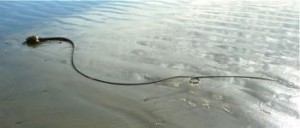 shaping and thus biasing it. You want to present what you discover with enough clarity that it obviously belongs with and to the person you are guiding. It is more effective for a client to recognize what you bring forth as something of their own rather than a creation or projection they may be expected to try on. You may invent a way to present and communicate what you are bringing forth. The core truth of the message is best left intact.
shaping and thus biasing it. You want to present what you discover with enough clarity that it obviously belongs with and to the person you are guiding. It is more effective for a client to recognize what you bring forth as something of their own rather than a creation or projection they may be expected to try on. You may invent a way to present and communicate what you are bringing forth. The core truth of the message is best left intact.
This being said, we may not always see our own stuff, especially our blind spots. And we may not thing something is relevant–like Ernie and the Bathtub in Part Two. We seek out Guides to see things we aren’t looking at on our own. So when someone does not initially recognize and own an insight intelligent communication may help to shape that insight so the person “gets it.” This is the creative arts part.
You don’t make anything up. You find ways to ping the person’s direct experience of what you are presenting until they have a few associations with the insight and know where it fits inside.
Let’s look a bit more at the way confirmation differs from proof. The point of proof is to be right by an external standard. The point of confirmation is feeling on track, of service, and connected to the greater whole. It’s a way of making sure what you are doing is making a difference.
The heart wants confirmation in order to feel connected with the world. Confirmation to intuition is like an answer to a call, and expression of interconnected flow. Like synchronicity, confirmation is a reflection between your inner world and the outer world.
The spirit of healthy confirmation is very different than needing to be validated. If confirmation is about getting traction within your environment, seeking validation is the spinning tires of an ancient wound to self esteem.
Looking for validation cuts us off from others as we view them through the lens of our needs.
Heart experience is inclusive and intrinsically validating. We don’t need to ask for validation because it is already present.
Aside from sincere scientific exploration, looking to prove intuitive experience to the mind is like Mother Teresa spending time and energy trying to prove to an accountant that what she is doing is valid. The mind is a good tool but it is not necessarily useful in determining what is of real value.
Insecurity and anxiety block access to intuition–unless one is compartmentalizing, which interferes with personal integration. Accepting insecurity or anxiety instead of trying to hide it allows us to bring in compassion to soothe ourselves past it.
An attitude of engaged but mild curiosity or exploration is useful. When you seek to confirm or verify intuition while centered in your heart, including yourself yet remaining focused on service, anxiety about how you are doing usually slips away. You get caught up in what is happening in the moment and more interested in the process than in picking at yourself.
Don’t assume anything.
Never make anything up.
Look for clear indications and learn to read the signals in others that show when you are on track.
For those of you who are into the science end of intuitive and energy exploration, here is a link you’ll enjoy. Link to video I put on FB about guy’s book about science and intuition!
What is YOUR biggest fear about seeking to confirm your intuition?
What type of stuff do you make up and when are you prone to do so?
How does your experience of receiving Guidance change when you are in your heart?


